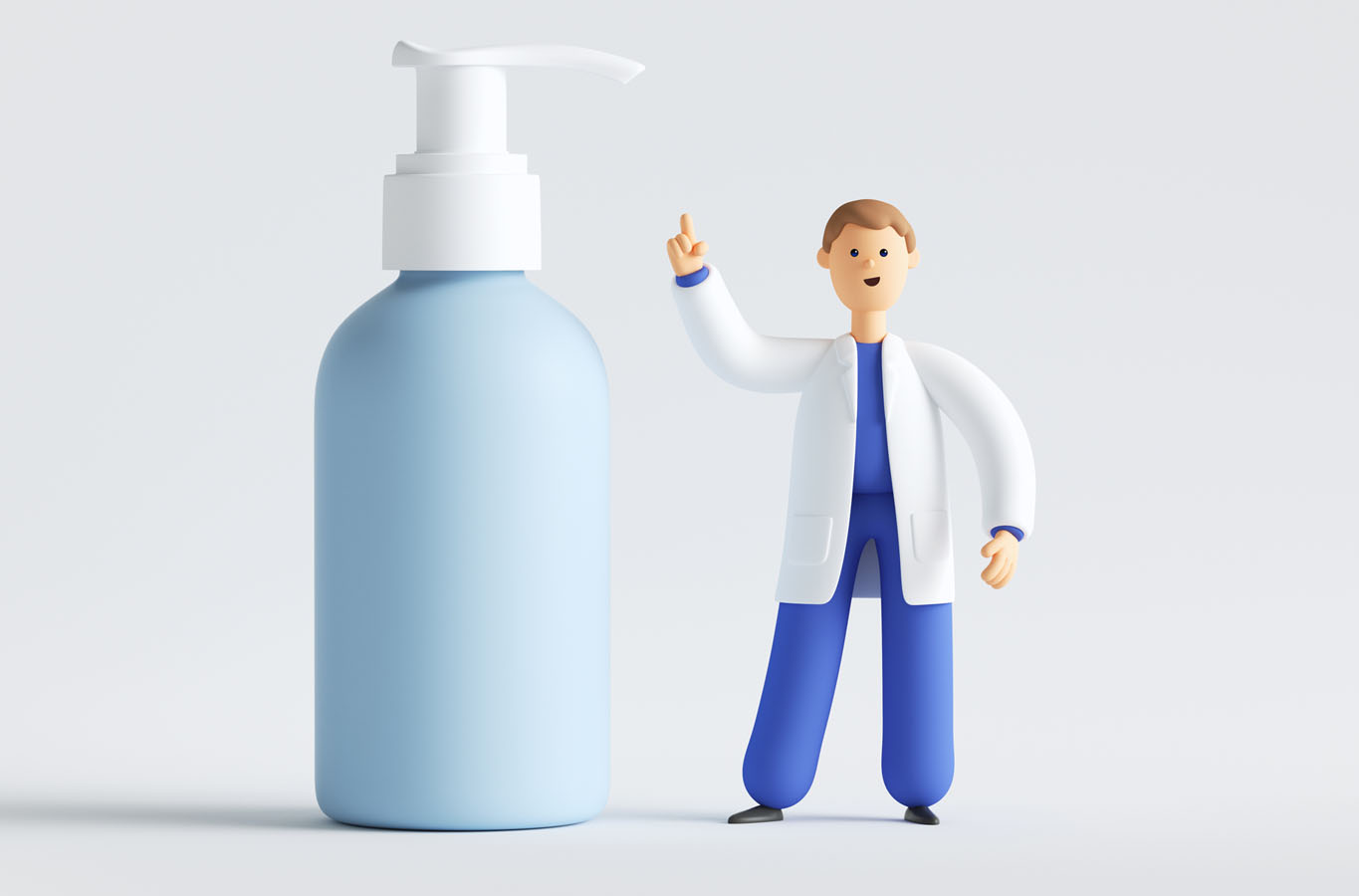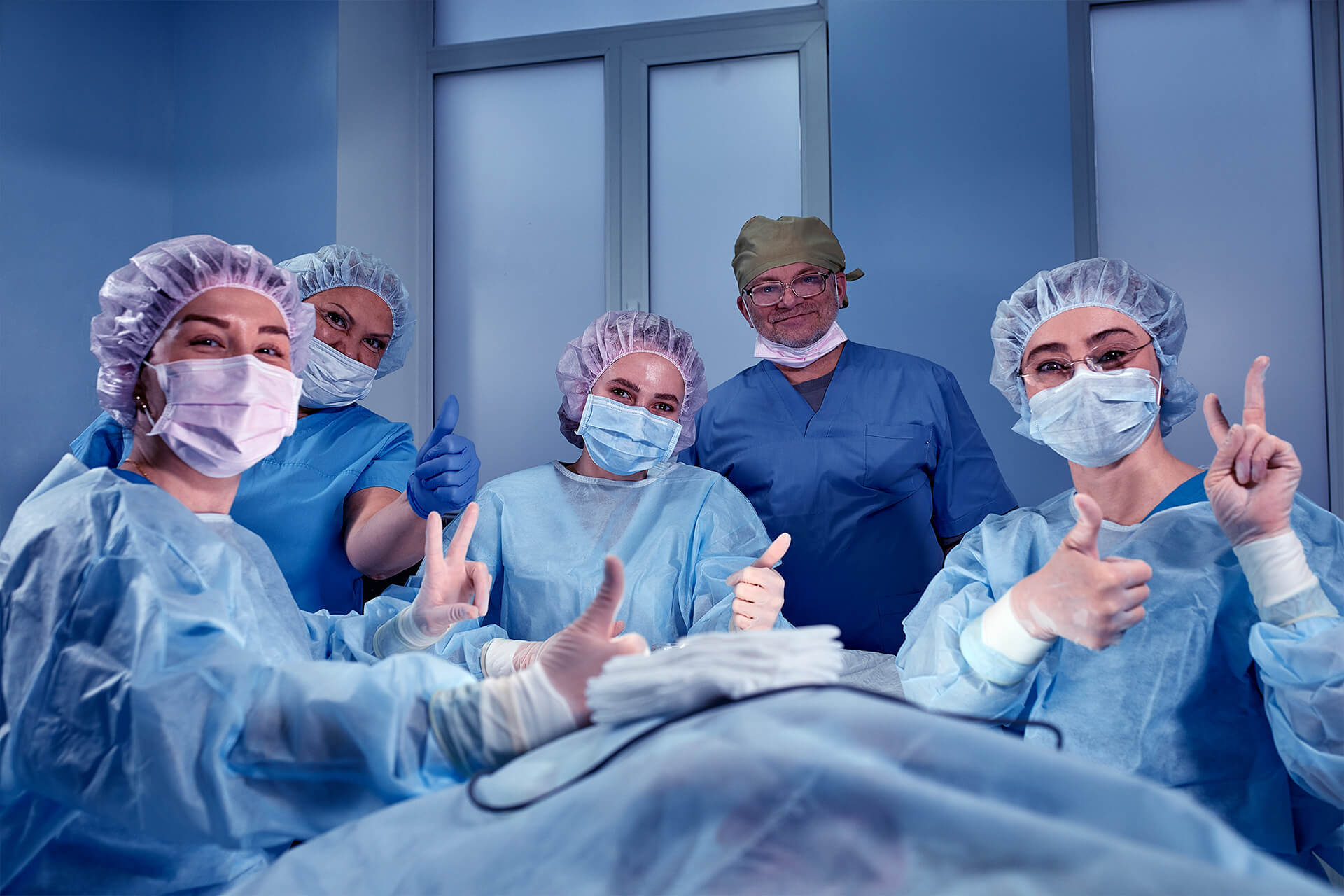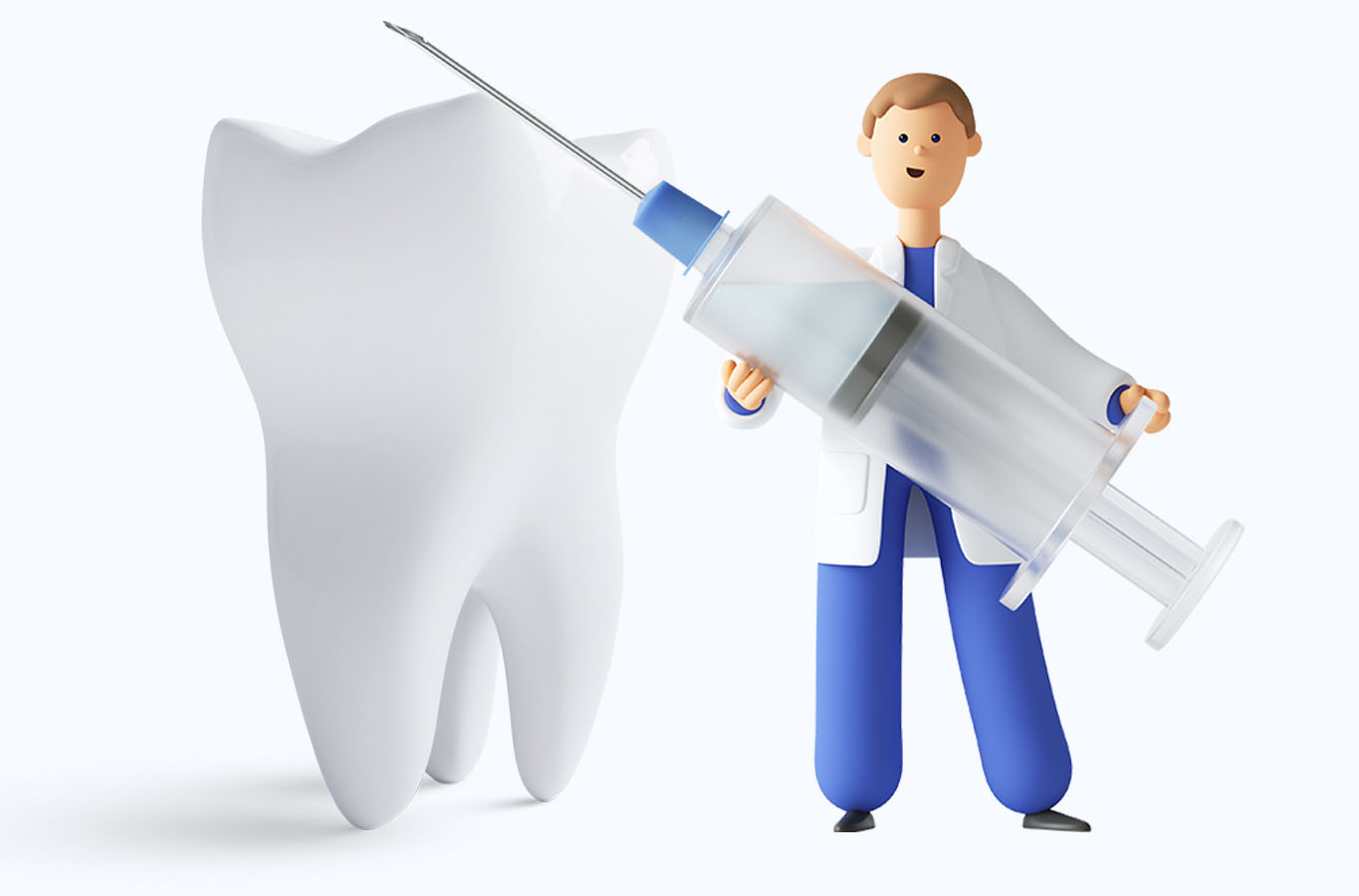- Care24 hospital provides comprehensive health care for patients with different types of renal diseases. Chronic renal diseases caused by diabetes, hypertension, stone disease, infections, hereditary illness and poisons are diagnosed and managed by our efficient and experienced team of nephrologists.
- Patients with a severe degree of kidney failure cannot lead a comfortable life with medications and dietary restrictions alone. They need a treatment modality called dialysis which is a procedure to purify the blood by removing toxic substances.
- The term chronic renal failure denotes a permanent loss of kidney function which need lifelong maintenance dialysis or a kidney transplant.


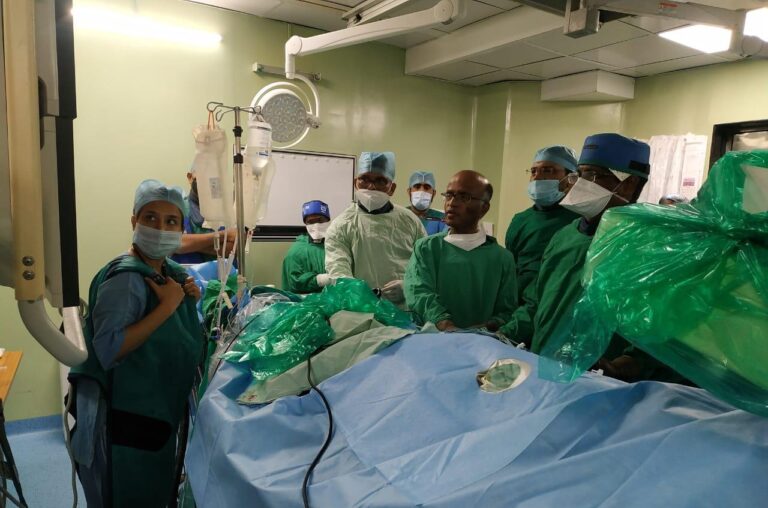



Welcome to Care 24 Hospital’s Nephrology Dialysis Care Program, where we offer specialized and compassionate care to patients with kidney diseases. Our dedicated team of nephrologists, dialysis nurses, and healthcare professionals is committed to enhancing the quality of life for individuals dealing with kidney-related conditions. This page provides an overview of our Nephrology Dialysis Care Program and the services we provide to ensure the best possible kidney health for our patients.
Our Approach:
At Care 24 Hospital, we recognize that kidney health is crucial to overall well-being. Whether you’re facing chronic kidney disease, end-stage renal disease, or other kidney-related issues, our multidisciplinary team is here to offer comprehensive, patient-centered care that is tailored to your unique needs.
Services We Offer:
- Advanced Diagnostic Evaluation: Accurate diagnosis is key to effective treatment. Our cutting-edge diagnostic facilities include blood tests, urine analysis, imaging, and renal biopsies to determine the cause and severity of your kidney condition.
- Dialysis Services: We provide various forms of dialysis, including hemodialysis and peritoneal dialysis, to effectively remove waste products and excess fluids from your body when your kidneys are unable to perform this function adequately.
- Kidney Transplantation: Our hospital boasts a dedicated transplant unit where we perform kidney transplants for eligible patients. We provide comprehensive pre-transplant evaluations, organ matching, and post-transplant care to ensure successful outcomes.
- Nutritional Counseling: Our team of dietitians works closely with nephrologists to create personalized dietary plans to manage kidney disease and optimize your nutritional status.
- Blood Pressure Management: Controlling hypertension is crucial for kidney health. We offer specialized care to manage high blood pressure and minimize its impact on your kidneys.
- Medication Management: Our nephrologists are experts in prescribing and managing medications to slow the progression of kidney disease and alleviate related symptoms.
At Care 24 Hospital, we are committed to improving the kidney health and overall quality of life for individuals with kidney diseases. Our Nephrology Dialysis Care Program combines expertise, innovation, and compassionate care to provide you with the best possible kidney care.
Meet our Doctors












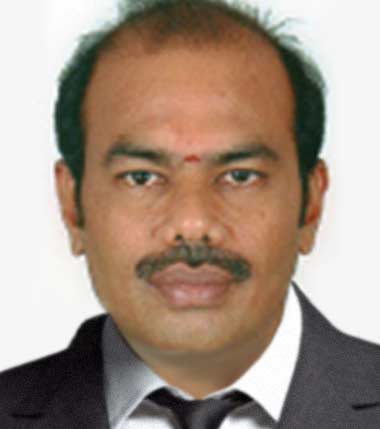





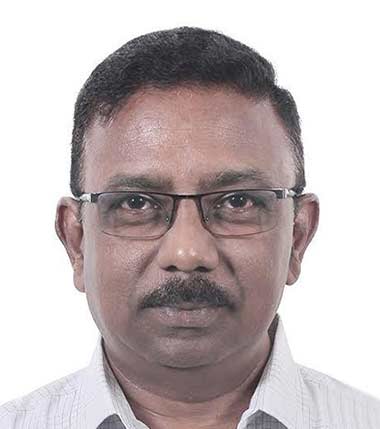














Frequently Asked Questions
Anesthesia is a form of medical treatment that involves the use of anesthetics. These medicines prohibit you from feeling pain during medical operations. Anesthesiologists are medical specialists who give anesthetic and manage pain. Some anesthetic numbs a small part of the body. General anesthesia keeps you unconscious (asleep) during invasive surgical operations.
General, regional, and local anesthesia are the three types of anesthesia. More than one form of anesthesia may be administered to a patient. The type(s) of anesthetic used is decided by the surgery or therapy being performed, as well as the age and medical conditions of the patient.
The safest type of anesthesia is local anesthesia, which is an injection of medication that numbs a small area of the body where the surgery is being performed. A patient may experience pain or itching where the medicine was administered in rare situations.
Depending on how much you were given, the anesthesia can stay in the body for as long as 24 hours after it was given. You won’t be entirely back to normal until all of the anesthetic is eliminated.
Anesthesia is a treatment that prevents patients from experiencing pain during surgical procedures, certain screening and diagnostic tests, and skin biopsies. It enables individuals to undergo surgeries that result in healthier and longer lives.



